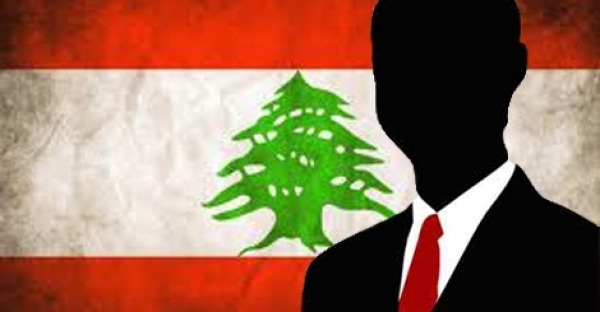Election of the Presidents of the Lebanese Republic
Date of the election session
According to Article 73 of the Lebanese Constitution, “One month at least or two months at most before the expiry of the term of office of the President of the Republic, Parliament shall convene upon the call of the Speaker to elect the new President of the Republic. However, should it not be convened for this purpose, Parliament shall meet automatically on the tenth day preceding the expiry of the President’s term of office.”
This Article was first amended on May 22, 1948, during the election of President Bechara El-Khoury for the second time, prescribing the holding of the election one month after the amendment of the Constitution. In 1976, it was amended anew and the new text stipulated that the presidential election should take place at least one month and at most six months prior to the expiry of the term of office of the existing President of the Republic. This has allowed for the election of President Elias Sarkis, four months before the expiry of his predecessor’s term.
|
The Presidents of the Republic of Lebanon and the date of their election |
Table 1 |
||||
|
President of the Republic |
Date of election |
Size of Parliament |
Attending MPs |
Voting rounds and no. of votes |
|
|
Bechara El-Khoury |
September 21,1943, two days after the resignation of President Petro Trad |
55 |
47 |
|
|
|
May 27, 1948, eighteen months before the expiry of his term of office |
45 |
55 |
|
||
|
Camille Chamoun |
September 23, 1952 following the resignation of President Bechara El-Khoury on September 18. He took the oath during the same session. |
77 |
76 |
|
|
|
Fouad Chehab |
July 31, 1958, eight days after the beginning of the constitutional period. |
66 |
56 |
|
|
|
Charles Helo |
August 18, 1964, twenty seven days after the beginning of the constitutional period. |
99 |
99 |
|
|
|
Suleiman Frangieh |
August 17, 1970, twenty six days after the beginning of the constitutional period. |
99 |
99 |
|
|
|
Elias Sarkis |
May 8, 1976 (the Constitution was amended and the date of election advanced) |
99 |
69 |
|
|
|
Bashir Gemayel |
August 23, 1982, a month after the beginning of the constitutional period. |
99 (92 still alive) |
62 |
|
|
|
Amine Gemayel |
September 21, 1982, two days before the end of the constitutional period |
99 |
80 |
|
|
|
René Mouawad |
November 5, 1989 |
99 (72 still alive) |
58 |
|
|
|
Elias Hrawi |
November 24, 1989 |
99 |
52 |
|
|
|
Emile Lahhoud |
October 15, 1998, twenty one days after the beginning of the constitutional period. The Constitution was amended on October 13, 1998 |
128 |
118 |
|
|
|
Michel Suleiman |
May 25, 2008 |
128 |
127 |
|
|
Source: Minutes of parliamentary proceedings
1. Since the law does not impose specific terms or mechanisms for nomination, MPs did not select a presidential candidate but only enshrined what has been agreed upon outside the Parliament and voted for the candidate that seemed to attract both regional and international consensus. This is why all MPs, or the majority of them, used to attend the Parliament’s session except in two cases:
- In 1970 when the failure to agree over one candidate resulted in presidential competition between Suleiman Frangieh and Elias Sarkis. Frangieh won by one vote gaining 50 votes against 49 for Sarkis.
- In August 1982 when the quorum was not fulfilled until after hours of waiting during the election of Sheikh Bashir Gemayel.
2. The election occurred under normal conditions only five times. In the remaining eight times when Camille Chamoun, Fouad Chehab, Elias Sarkis, Bashir Gemayel, Amine Gemayel, René Mouawad, Elias Hrawi and Michel Suleiman were elected, the process was governed by unusual circumstances.








Leave A Comment